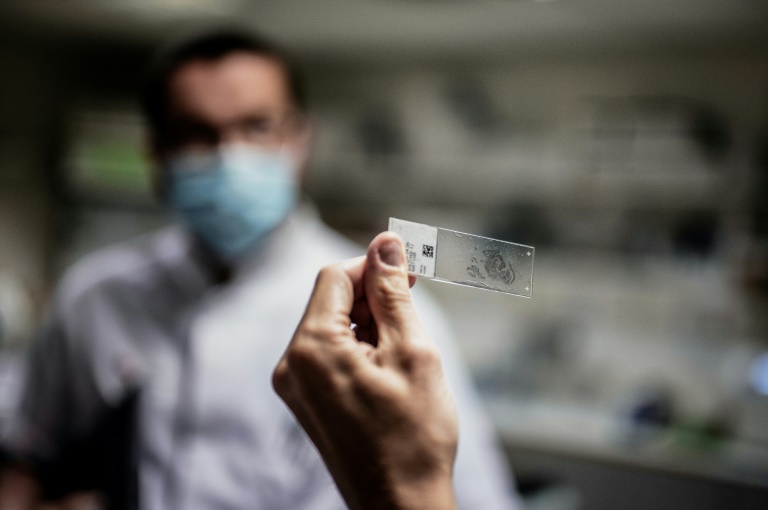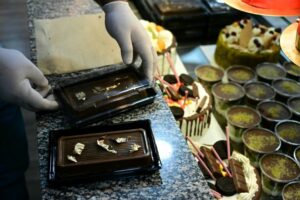Inflammatory promote the transformation of prostate cancer cells into treatment-resistant cells

The biotech start-up Cure51 is working on the first global molecular database of exceptional survivors of cancer – Copyright AFP JUAN MABROMATA
There is a challenge related to prostate cancer from cancer cells that form resistance to treatments as the disease progresses. For medical science, these resistance mechanisms are not yet fully understood.
A new study by the University of Eastern Finland has filled some of this knowledge gap. The scientists found that inflammation-promoting immune cells, M1 macrophages, can transform cancer cells into stem-like cells and thus immune to treatment.
The study examined the impact of factors promoting inflammation in a tumour microenvironment on the progression of prostate cancer. Researchers focused particularly on the role of M1 and M2 macrophages in the tumour microenvironment. Macrophages are immune cells whose large number in the tumour area is often a sign of poor prognosis in relation to prostate cancer. These white blood cells stimulate the action of other immune system cells.
The study found that pro-inflammatory macrophages (M1) increase the stem cell traits of cancer cells and weaken the androgen response.
According to researcher Kirsi Kainulainen:”We found that pro-inflammatory M1 macrophages secreted factors that increased the expression of stem cell markers such as NANOG, KLF4, SOX2 and CD44 in prostate cancer cells. Based on our research, it seems that inflammatory tumour microenvironment promotes the transformation of prostate cancer cells into a stem cell-like state where they are resistant to traditional therapies”.
The study highlights that the secreted factors from M1 macrophages drive prostate cancer cell plasticity by upregulating the expression of CSC plasticity markers through NFκB signalling pathway.
The results help to understand how immune response affects the progression of prostate cancer and resistance to treatments. It is hope that the observations on the effects of immune cells on the transformation capacity of cancer cells will open up new treatment opportunities for prostate cancer.
The study was supported by the Academy of Finland, the Sigrid Juselius Foundation, the Cancer Foundation Finland, the North Savo Cancer Association, the Finnish Cultural Foundation, the Northern Savo Cultural Foundation, the Paavo Koistinen Foundation and the Kuopio University Foundation.
The results have been published in OncoImmunology journal. The paper is titled “Secreted factors from M1 macrophages drive prostate cancer stem cell plasticity by upregulating NANOG, SOX2, and CD44 through NFκB-signaling.”
Inflammatory promote the transformation of prostate cancer cells into treatment-resistant cells
#Inflammatory #promote #transformation #prostate #cancer #cells #treatmentresistant #cells





